What You’re Still Getting Wrong About Trollinger
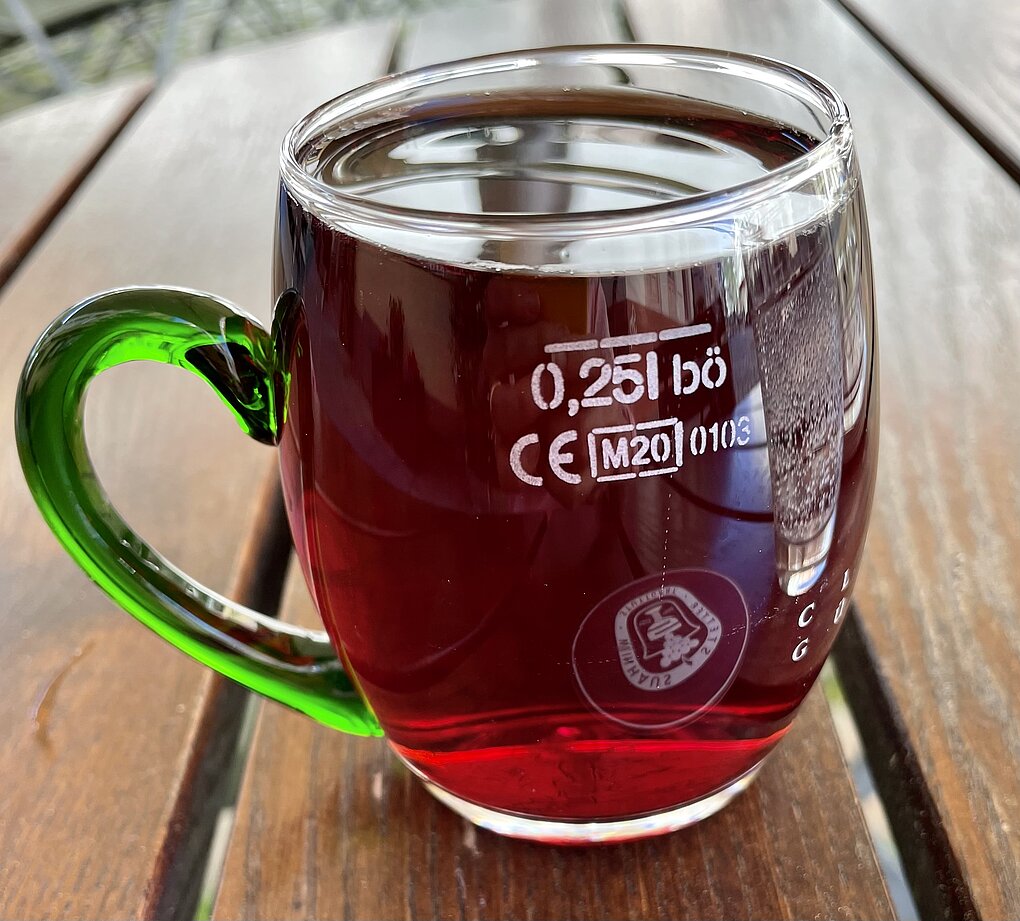
Trollinger was long decried as a poor excuse of a wine. Increasingly, growers and drinkers beg to differ.

Trollinger was long decried as a poor excuse of a wine. Increasingly, growers and drinkers beg to differ.
Rainer Schäfer writes about what he values most: wine, food, and soccer. The first wine that impressed him as a teenager was a Silvaner from Endingen, grown in the vineyard of his Kaiserstühl relatives. He's lived in Hamburg for 30 years and travels the wine regions of the world, always curious about dazzling personalities, surprising experiences, and unknown pleasures.

Known to his 18,000-plus Instagram followers as @soilpimp, Robert Dentice is a German wine collector and vinyl fanatic, founder of the Riesling Study event series, and a driving force behind a brand new project called sourcematerialwine that is set to spread his evangelical zeal for German wine to the wide world. Short of spending an evening at one of his legendary Riesling-, Silvaner-, or Weissburgunder-fuelled music events — and he’d sincerely love nothing more than to have you there — the next best way to get a sense of the radiant positivity he brings to German wine is to cue…...
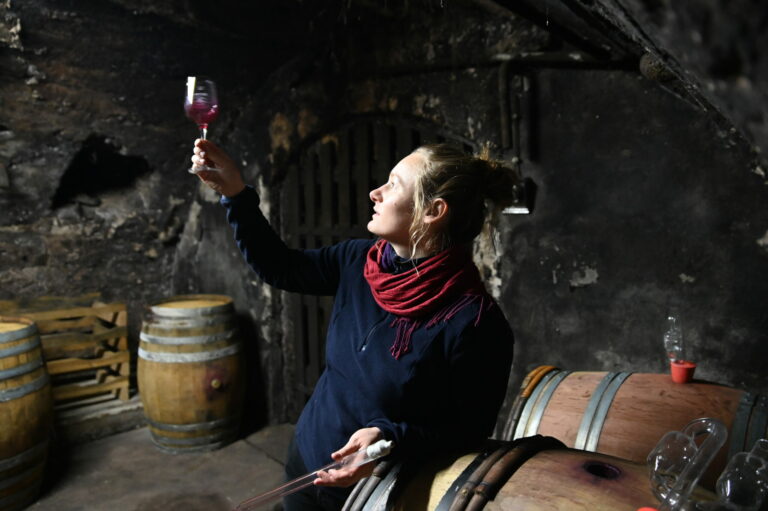
Piri Naturel is Christine Pieroth's independent line of natural wines in Germany's Burg Layen. Her wines bring a breath of fresh air to more straightforward Nahe’s wine scene.
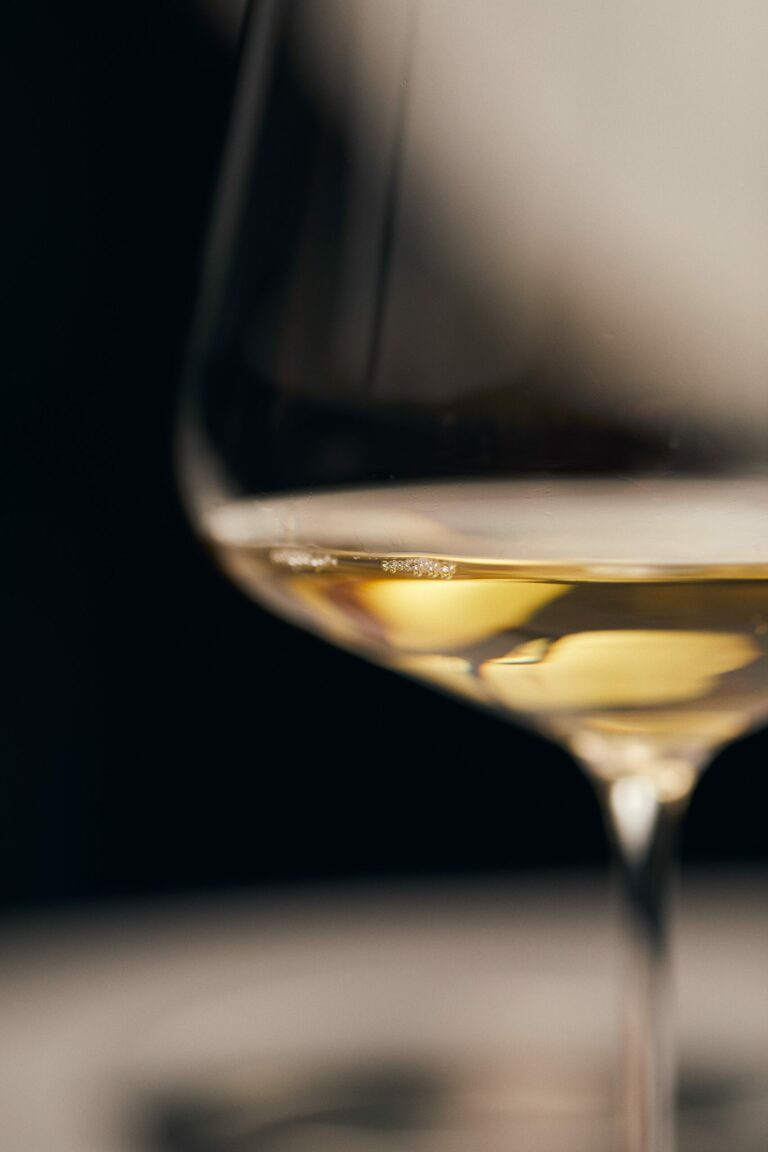
It’s an unfortunate paradox: the very climatic conditions that leave us thirsting for lightweight, refreshing and soul-satisfying dry wines render these hard to achieve. Yet, rather than leading the way in surmounting this viticultural challenge, Germany’s Riesling establishment routinely throws up roadblocks. That’s a crying shame. THE CURIOSITY OF “KABINETT” To understand what’s become of “Kabinett trocken,” we must first retrace the steps leading to “Kabinett.” “Cabinet,” as a term applied to German Riesling, dates to 18th-century Rheingau, a derivative of “Cabinetstück” (alternatively, “Kabinet[t]stück”), in use for diverse objects worth displaying in a cabinet of curiosities or, by extension, worthy literary and…...
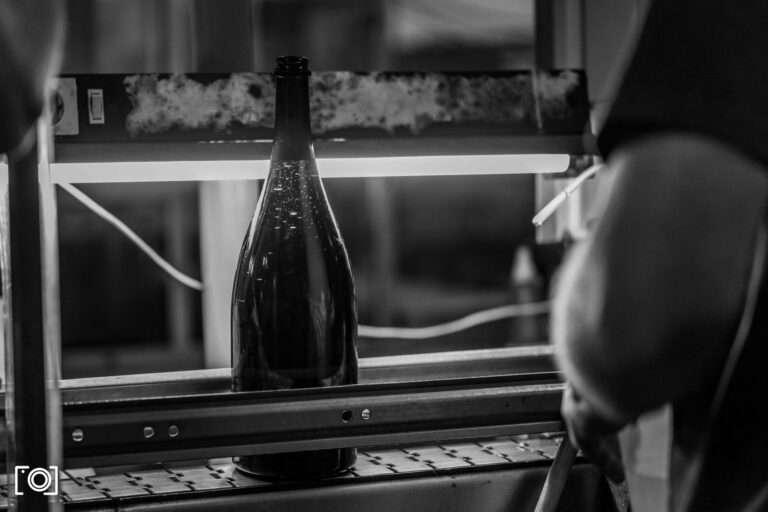
For the longest time, Sekt was a dirty word. It stood for bottles of inexpensive, easy fizz with obnoxious plastic corks to be found on the street, next to the debris of spent fireworks, on New Year’s Day. Leftovers from high jinks and cheap thrills the night before. But that was then. Today, Sekt’s star is once again on the rise. We cannot even say that it is returning to its former glory because the story of German Sekt today is unprecedented and, quite literally, effervescent. It was the 20th century that destroyed with consummate efficiency what was once so promising, so frivolous,…...
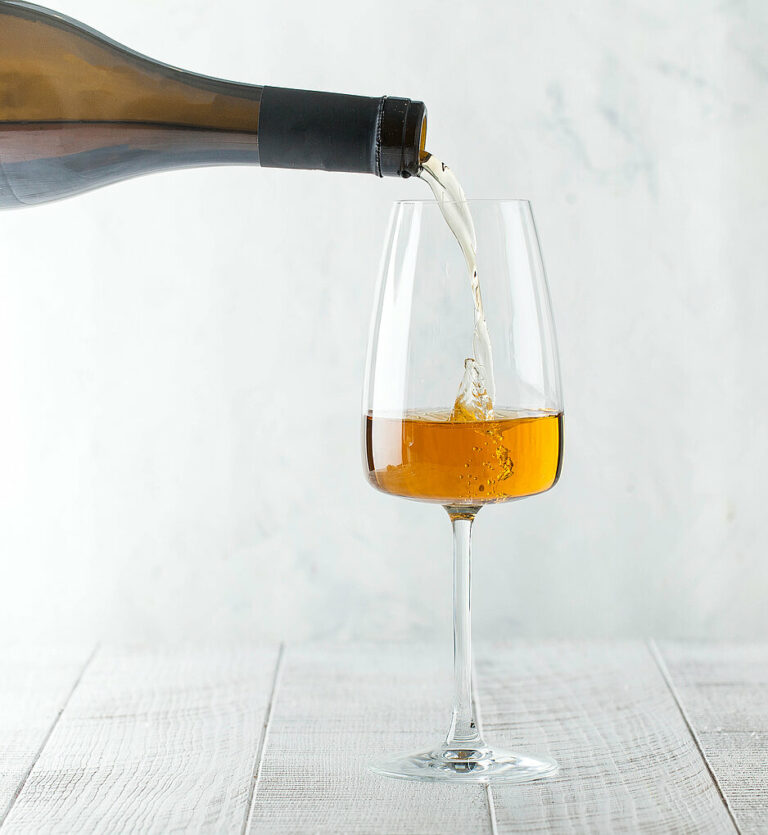
Skin-contact white wines may have their revolutionary roots in Georgia, Slovenia, and Friuli, but the umlaut zone also stakes a strong claim for orange expressions. Austria was an early and highly successful adopter (think Tschida and Tscheppe, Muster and Meinklang). For this, thank geographic proximity, shared traditions, a former empire’s worth of fascinating white varieties, and the remarkable open-mindedness of producers, especially in Styria and Burgenland. Germany came later to the game. The country has been slower to embrace natural and experimental styles generally and its signature variety, Riesling, requires an exceptionally deft hand to succeed in skin-fermented form. However, German…...

Roughly once a generation, the German government pops the hood on the country’s wine law for a tune up. 2021 is one such year, with a new set of revisions taking effect in early May. On the surface, the changes appear more incremental than revolutionary. Yet controversy has followed as various stakeholders realize that some new wrinkles may have unexpectedly far-reaching consequences. So let’s pour ourselves a glass of dry wine (law) and savor some juicy power dynamics. Here are the early winners and losers of the 2021 German Wine Act. Winner: The VDP’S Long Game You can’t say the…...
Enjoy unlimited access to TRINK! | Subscribe Today